855Views 0Comments

Tax Advantages for Expats in Dubai
Dubai is a highly sought-after destination for expats looking for a perfect blend of flattering career opportunities, a better quality of life, and alluring financial perks. Its magnetism lies in a large number of benefits it offers to those looking to build their careers and enhance their overall well-being. One of the key advantages that draw expats to Dubai is its favorable tax environment.
This write-up will make you learn all about the availability of tax advantages for expats in Dubai as well as help you find out the reasons why many individuals choose Dubai for their living. Read on!
Complete Guide to Tax Advantages for Expats in Dubai

Dubai, one of the most vibrant cities in the United Arab Emirates (UAE), has gained a great reputation not only among companies but also among expatriates as a tax haven for many years.
This distinction is certainly warranted, as Dubai imposes no taxes on the income, capital, or profits of both local and foreign companies.
Nevertheless, it is of great importance to note that certain indirect taxes and duties do exist there that residents are required to pay. To gain a comprehensive understanding of the tax regulations in Dubai, let’s delve into the details.
Zero Personal Income Tax

One of the most enticing aspects of working and living in Dubai is the nonexistence of personal income tax. Unlike many other countries, Dubai does not levy any taxes on individual earnings. This means that expats can enjoy their entire income without any deductions, allowing for significant savings and financial freedom.
Tax-Free Capital Gains
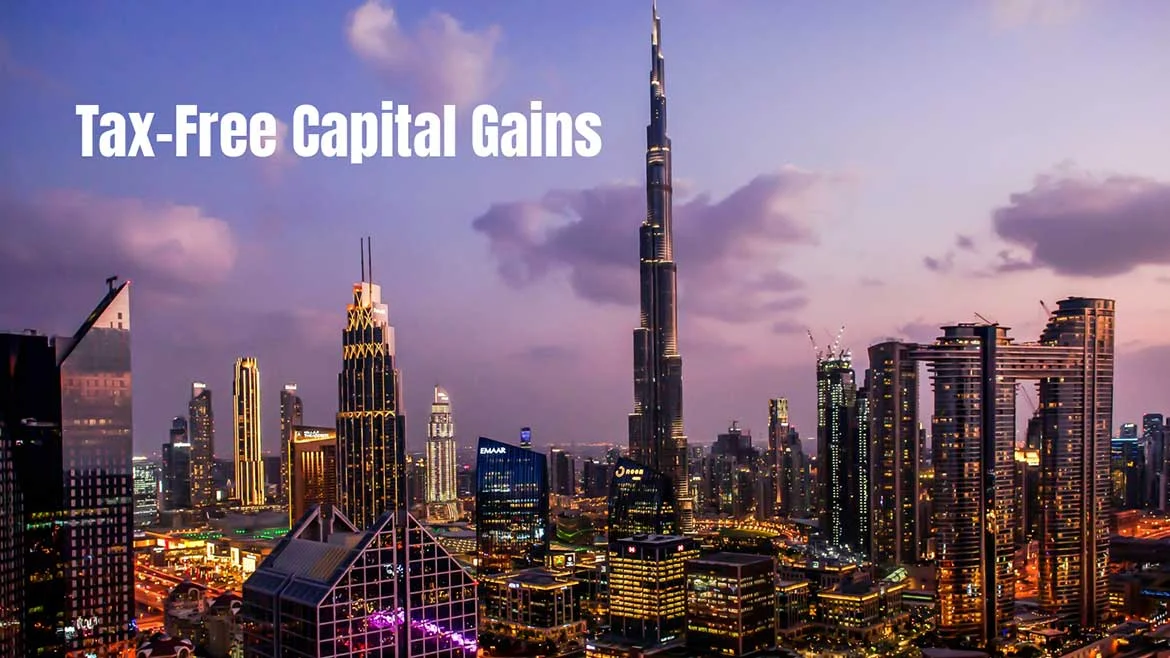
In addition to the absence of personal income tax, Dubai offers expats the opportunity to earn tax-free capital gains. Any profits from capital gains, whether from investments in real estate, stocks, or other businesses, are not taxed. This provides a favorable environment for wealth creation and long-term financial planning.
No Wealth or Inheritance Taxes

Dubai’s tax advantages extend beyond income and capital gains. Expats can take advantage of the city’s exemption from wealth and inheritance taxes. This means that individuals can accumulate wealth and pass it on to future generations without the burden of hefty taxes, fostering a conducive environment for wealth preservation and succession planning.
Double Taxation Avoidance Agreements
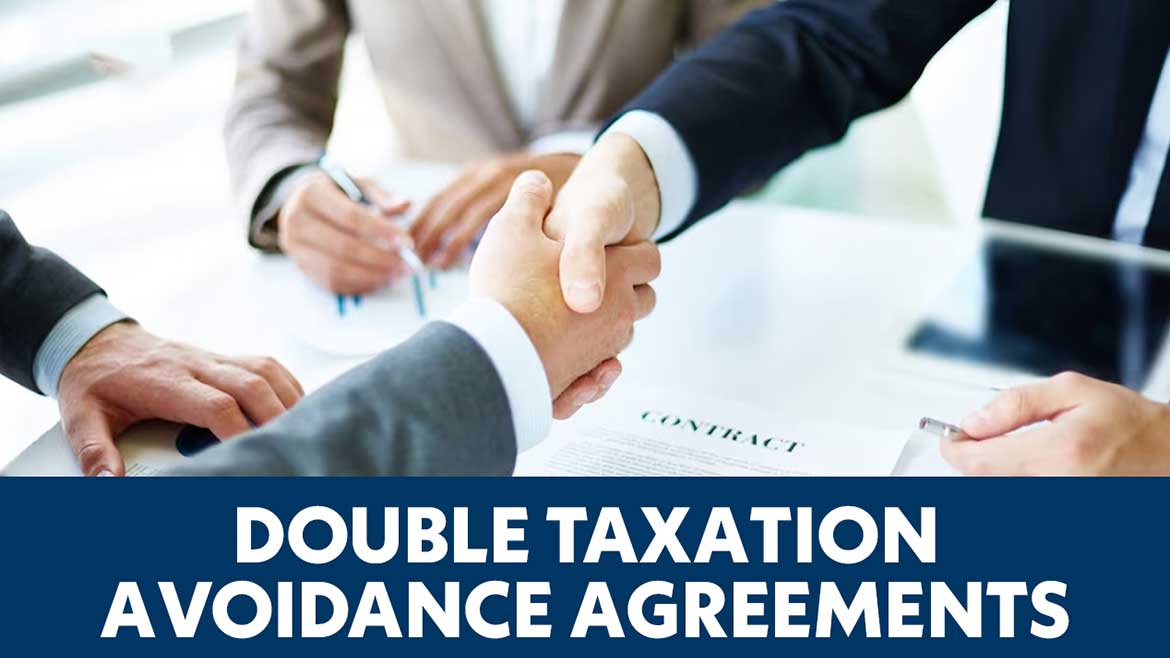
To further enhance the charisma of Dubai for expats, the UAE has come into Double Taxation Avoidance Agreements (DTAAs) with many countries. These agreements aim to prevent individuals from being taxed twice on the same income in both their home country and Dubai. DTAAs provide relief by allowing individuals to claim tax credits or exemptions, ensuring that they are not subjected to excessive tax liabilities.
Business-Friendly Tax Policies
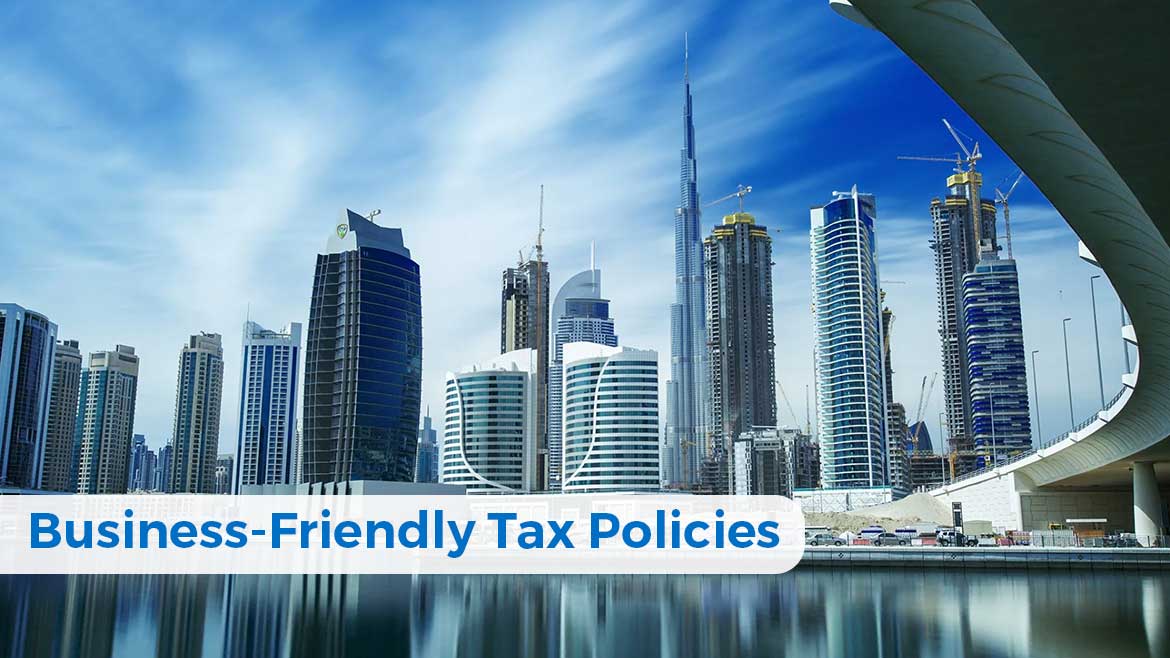
For expats seeking entrepreneurial opportunities, Dubai offers a business-friendly tax regime. The city provides various incentives and tax exemptions to encourage the establishment of businesses, including free zones where companies enjoy complete exemption from corporate taxes for a specific period. This environment fosters innovation, investment, and economic growth, attracting both startups and multinational corporations to set up operations in Dubai.
Indirect Taxes in Dubai
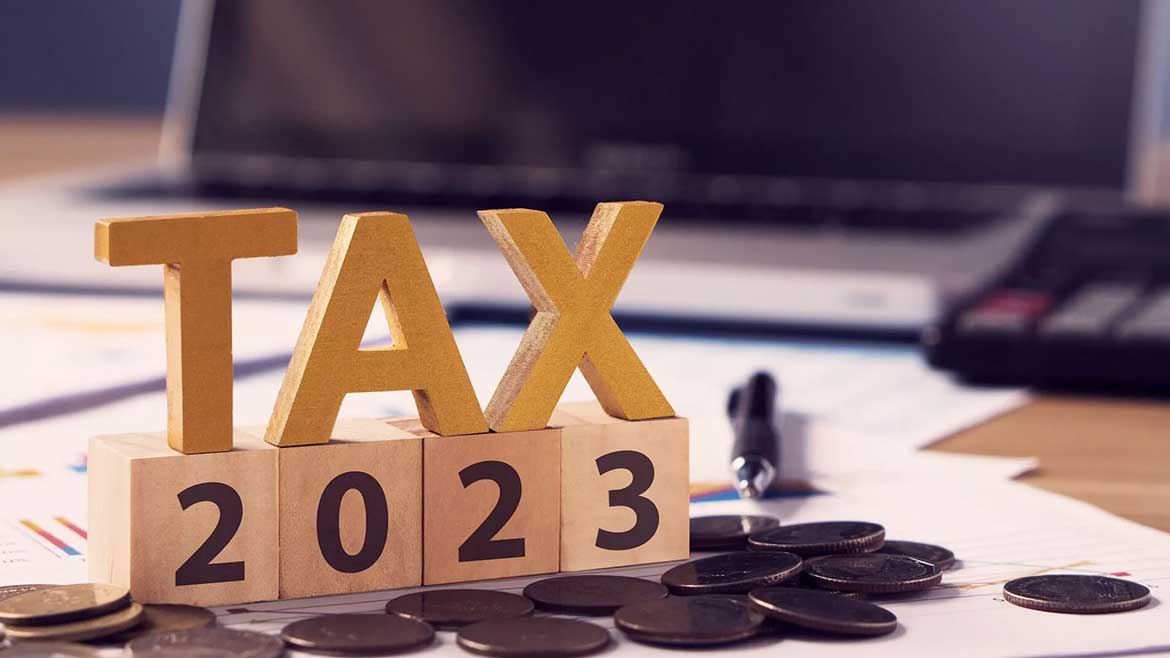
Moving on, let’s get to know some of the taxes that expats might need to pay in Dubai.
Value Added Tax
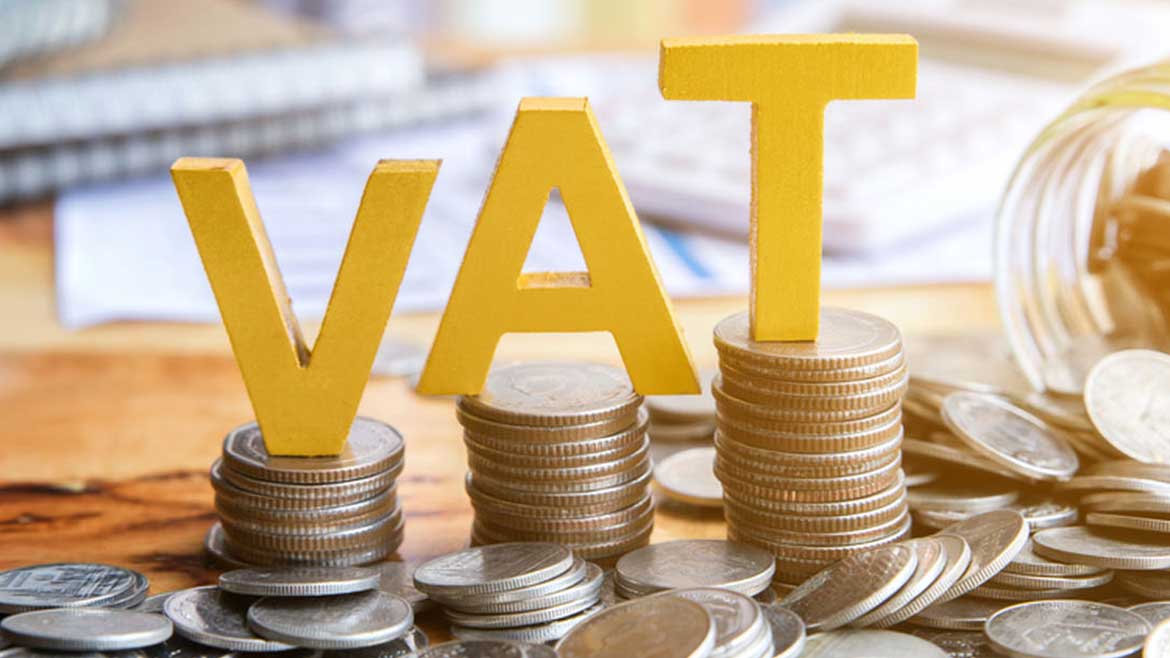
The United Arab Emirates (UAE) did not have any taxes on products and services before the drop in oil prices in 2018. However, in reaction to the oil crisis, the government did levy a 5% value-added tax (VAT) on the majority of products and services.
It is worth noting that there are exceptions to this VAT rule. Certain goods and services remain exempt from VAT, including healthcare services, educational services, food products, social services, and products originating from the petroleum industry.
Excise Tax
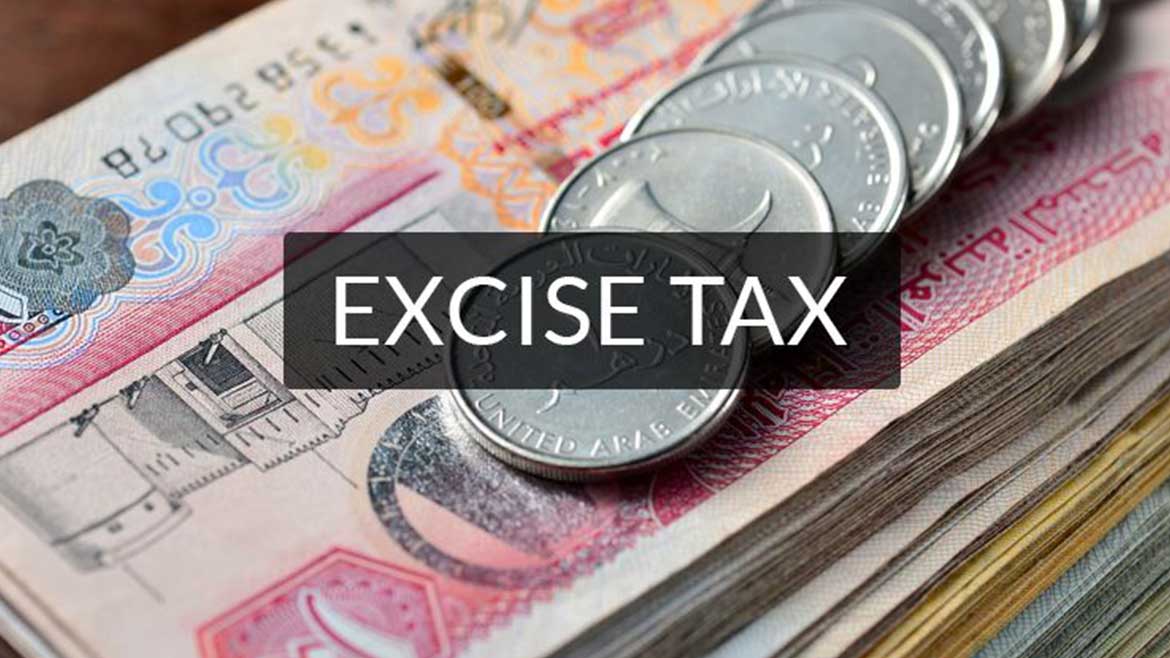
The United Arab Emirates (UAE) introduced an excise tax across the country in 2017. This particular type of indirect tax is imposed on products that are deemed detrimental to the environment or consumers’ health.
The tax rates applied vary depending on the specific products involved:
- Products containing added sugar or other sweeteners are subject to a 50% tax.
- Tobacco products are taxed at a rate of 100%.
- Energy and alcoholic drinks also face a 100% tax.
- Electronic cigarettes and their derivatives are taxed at 100% as well.
- Soft drinks carry a tax rate of 50%.
The implementation of the excise tax serves a dual purpose: firstly, to prevent the consumption of unhealthy products, and secondly, to generate revenue for the UAE government. However, it’s crucial to remember that this tax rise does affect consumers’ costs of living.
Let’s Wind Up!
Tax advantages for expats in Dubai have undoubtedly contributed to its appeal as a global destination for professionals and investors. As individuals continue to discover the benefits provided by Dubai’s tax system, the city retains its allure as an appealing option for those in search of a thriving and tax-efficient way of life.


